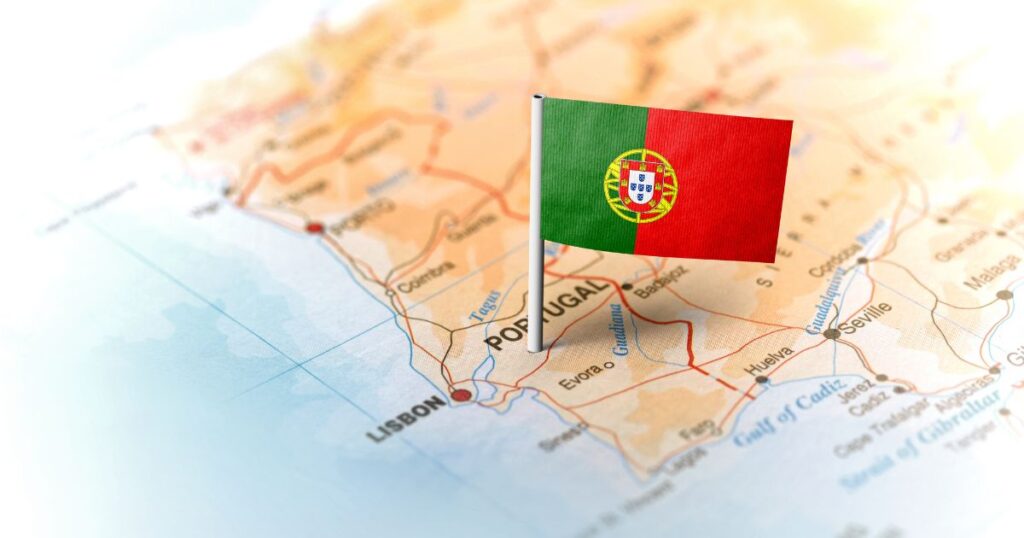The EU Citizenship is one of the most tangible greatest achievements of the European Union and sits at the core of a common European identity based on equality, non-discrimination and inclusion. In the latest flash Eurobarometer survey, 8 out of 10 respondents were aware of their citizenship rights and generally respondents showed high support for freedom of movement and increased electoral rights for mobile citizens, hinting towards the popularity of EU Citizenship Rights.
Cornerstone
The Freedom of movement, being a cornerstone of EU citizenship, is often still to access for a large group to ensure that all citizens and long-term residents are offered equal treatment in line with their rights conferred by the EU Treaties.
Supplemental
The European Union Citizenship being supplement to national citizenship does not exist on its own. EU citizenship is lost if member state nationality is lost. It is for each Member State, having due regard to Union law, to lay down the conditions for the acquisition and loss of nationality. The estimated citizen population of the EU is about 447 million people in 2021
Adoption
The Union Citizenship was formally created with the adoption of the 1992 Maastricht Treaty, at the same time as the creation of the EU. EU citizenship is additional to, and does not replace, national citizenship. It affords EU citizens with rights, freedoms, and legal protections available under EU law.
Benefits and Rights
Here are some of the important benefits and rights associated with EU citizenship
- Freedom of settlement and employment across the EU.
- Freedom of movement and residence
- Free to trade and transport goods, services, and capital through EU state borders,
- No restrictions on capital movements or fees.
- Right to vote in and run as a candidate in elections in the state where they live, while also voting for EU elections and participating in a European Citizens’ Initiative.
- Right to consular protection by embassies of other EU member states when a person’s country of citizenship is not represented by an embassy or consulate in the foreign country
- Have the legal protections of EU law
- Protection of personal data,
- Rights of victims of crime, preventing, and combating trafficking in human beings,
- Equal pay, and protection from discrimination in employment on grounds of religion or belief,
- Freedom on sexual orientation, and age
- Right to access to documents of the EU government
- Freedom from any discrimination on nationality:
- Language rights in requesting official responses
- Right to basic bank account if you are resident in EU country.
Uniform Passports
EU member states use a common passport booklet design, burgundy coloured (except Croatia’s dark blue) with the name of the member state, its coat of arms and the title “European Union” (in the language(s) of the issuing country and its translation).
List of EU countries that confer EU Citizenship
Austria, Belgium, Bulgaria, Croatia, Republic of Cyprus, Czech Republic, Denmark, Estonia, Finland, France, Germany, Greece, Hungary, Ireland, Italy, Latvia, Lithuania, Luxembourg, Malta, Netherlands, Poland, Portugal, Romania, Slovakia, Slovenia, Spain and Sweden.
It is important to note these countries do not confer EU citizenship: Norway, Switzerland, United Kingdom, Liechtenstein





